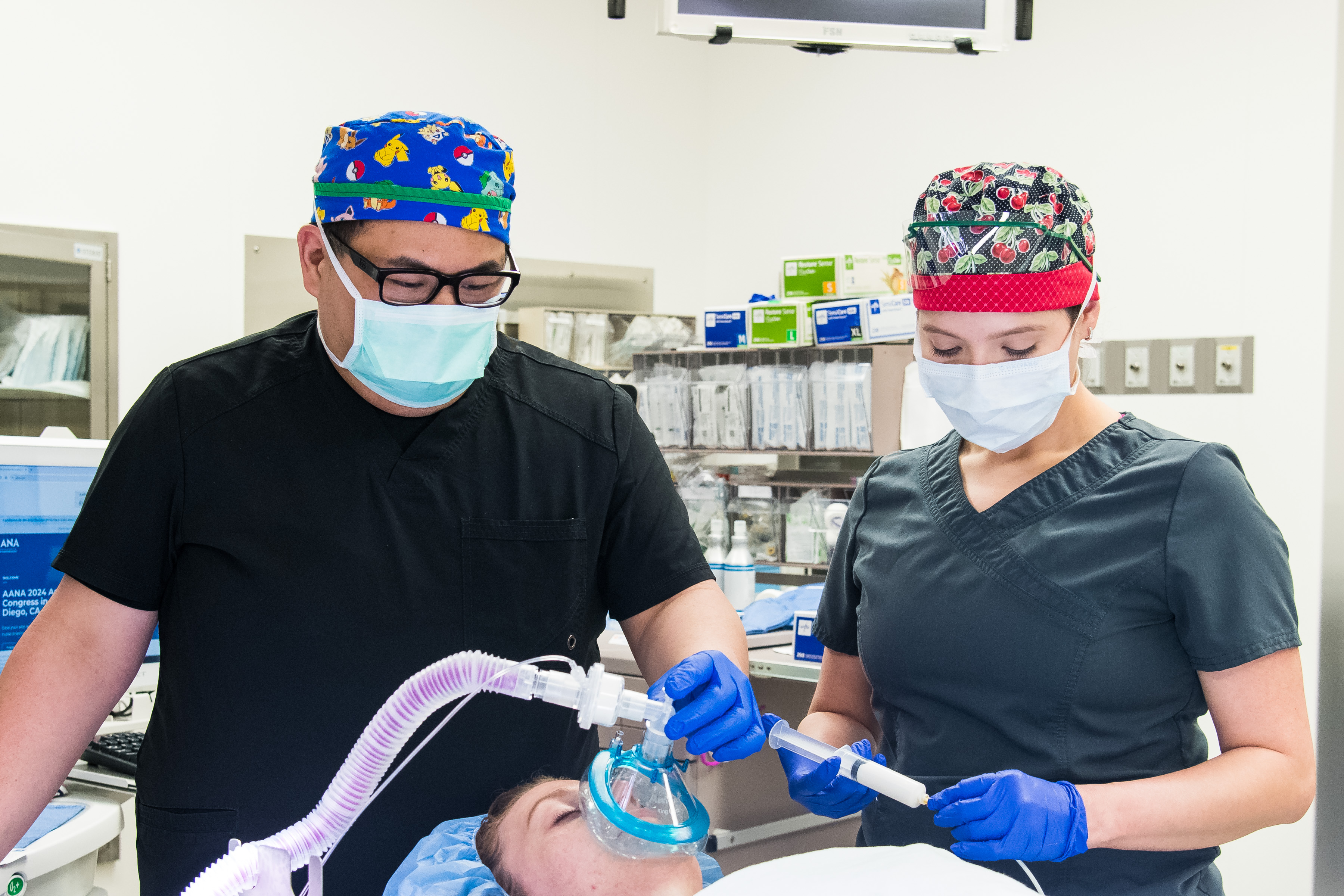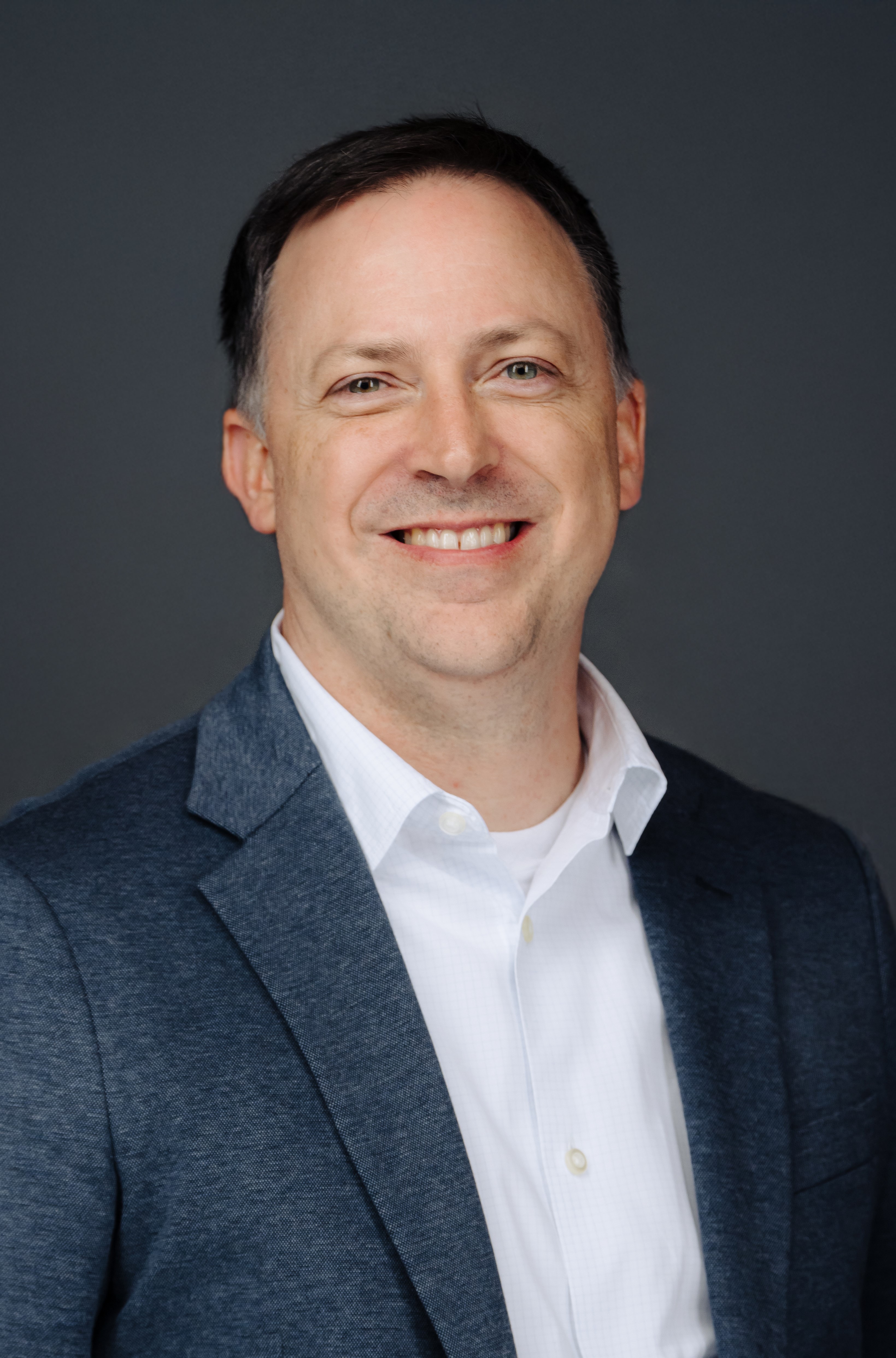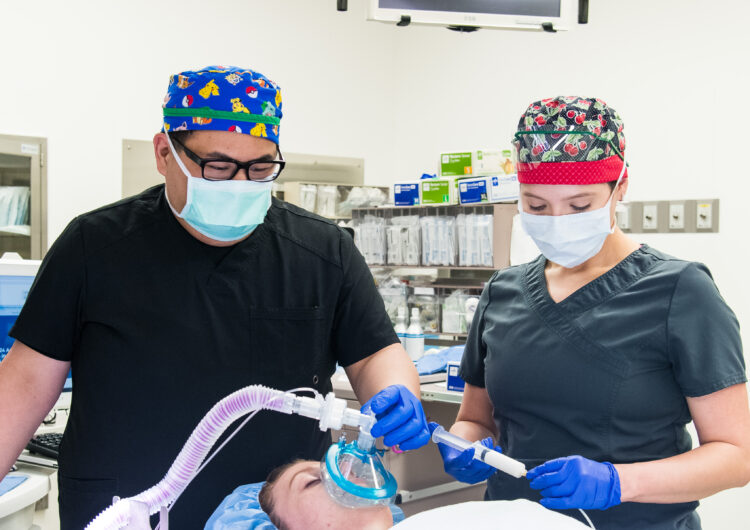
By Chris Hazen
Nearly two decades ago, I made the decision to become a Certified Registered Nurse Anesthetist (CRNA), and I can confidently say it was the best professional choice I’ve ever made. Over the course of my career, I’ve treated thousands of patients, each one a reminder of the impact we can have as CRNAs.
My journey began during my nursing practicum. I was pursuing my associate’s degree in nursing when I first stepped into an operating room and saw CRNAs in action. They were intubating patients, administering anesthesia and managing critical care — all tasks I hadn’t realized nurses could perform. That moment sparked a passion in me. I went on to earn my master’s in nursing from UNC Greensboro and trained at Wake Forest University Baptist Medical Center. Now I work for U.S. Anesthesia Partners of Florida, Inc. (USAP). From day one, I knew I had found my calling.
CRNAs are advanced practice nurses who specialize in anesthesia care. We are responsible for guiding patients through some of the most vulnerable moments of their lives, whether it’s a routine procedure or a high-risk surgery. We administer medications, monitor vital signs and ensure patients wake up safely and comfortably. It’s a role that demands precision, compassion and resilience.
Unlike my time as an ICU nurse, where patient recovery could take days or weeks, with anesthesia, you know right away whether your patient is stable, pain-free and comfortable. That sense of accomplishment is deeply fulfilling and one of the most rewarding aspects of being a CRNA.

USAP CRNA Chris Hazen.
The job market for CRNAs is booming. According to the U.S. Bureau of Labor Statistics, employment of nurse anesthetists is projected to grow by 38 percent from 2022 to 2032, much faster than the average for all occupations. This surge in demand is driven by clinician shortages and increasing surgical volumes. CRNAs are stepping up to meet the increased demand for patient care.
I also have found this career financially rewarding. Whether you choose to work full-time, part-time, or as a contractor, there are compelling opportunities and a variety of scheduling options. This flexibility makes the profession especially appealing for stay-at-home parents who want the satisfaction of a professional career while remaining a primary caregiver for their kids.
Flexibility extends beyond scheduling. CRNAs can work in a variety of specialties: obstetrics, cardiac, pediatrics, general surgery and transplants. You can choose to work in a bustling hospital or a quiet outpatient center. You can live almost anywhere in the country and find work. The profession adapts to your lifestyle and interests.
Personally, I’ve worked in general surgery, on cardiovascular cases and even taken on management roles. I’ve mentored students and taught in clinical settings. The profession has allowed me to grow in ways I never imagined. And through it all, I’ve had the privilege of being there for patients during some of their most anxious moments.
My employer has played a pivotal role in my professional development. I joined USAP at its inception and have benefited from leadership programs, mentorship and a culture that genuinely values its providers. When I lost my father a few years ago, the response from my colleagues was overwhelming. Along with colleagues I work with daily, people I wasn’t even close to showed up at his funeral. They all provided me with a supportive and caring foundation.
USAP offers a variety of employment models—so you can find a setup that works for your lifestyle. Leadership listens. They care whether you get enough breaks, whether you’re happy in your role and whether you feel respected. That matters.
If you’re considering this path, my advice is simple: go for it. The schooling is rigorous, and the operating room can be intense, but the rewards are immense. You’ll learn every day. You’ll see the impact of your work immediately. And you’ll be part of a profession that’s respected, in demand and deeply fulfilling.
Find mentors. Challenge yourself. Take on the tough cases. One of my mentors once told me to always choose the hardest room — the one no one wants to go into. That’s where you grow. That’s where you earn respect. And that’s where you become great.
Chris Hazen is Chief CRNA for the Central Florida practice of U.S. Anesthesia Partners of Florida, Inc.
READ MORE
AIRO’s Drone Dreams Soar Amid New Era of Conflict Around the Globe
Never Miss our Weekly Highlights HERE







